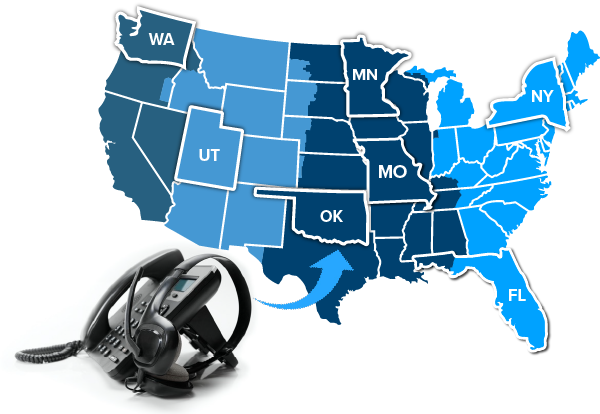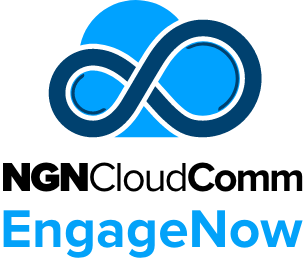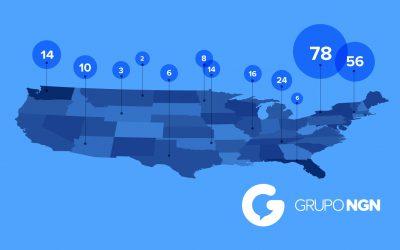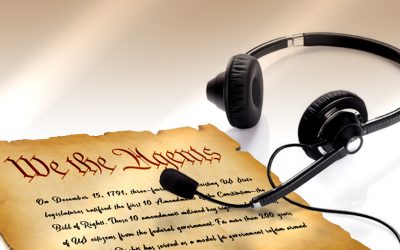
This latest bill from Spain shows that countries around the world are using legal options to create additional compliancy requirements. Today, it is a requirement for Contact Centers to have a CCaaS like NGNCloudComm that can adapt to these changes.
Here are some of the most recent examples from different states in the US:
NGNCloudComm the CCaaS solution from Grupo NGN
allows you to quickly adapt to legal requirements effortlessly.
Below are a few examples of how your company could use NGNCloudComm and be legal with the new Spanish law:
If the law allows for a customer to give permission to wait longer than 3 minutes NGNCloudComm users could allow customers to provide consent by either pressing a specific button or recording a verbal answer. This could be created with our Strategy Designer and would not require complicated programming language or the time and cost of having a 3rd party build this into your IVR.
Allow the call to continue ringing until the wait time will be less than 3 minutes
This is a bit of a drastic option and not one that we would recommend – but the key point is that it is an option that NGNCloudComm supports to ensure that a company is able to remain in legal compliance. Calls would be recognized by the system but continue to be processed. To the end user, it would continue to ring until the system could ensure the hold or waiting time would be less than 3 minutes.
Allow customers to request an automatic callback
The foundational infrastructure of NGNCloudComm allows for a true omnichannel experience. With a number of CCaaS systems, outbound calls have to be made from an independent system. But with NGNCloudComm not only are inbound and outbound calls made from the same system, but agents can also be simultaneously assigned to both an inbound and an outbound queue. So customers could provide an option to be called back rather than wait more than 3 minutes and those callbacks would be automatically assigned in order to agents as they finish each call and become available. Agents would not have to manually dial out and would not have to worry about tracking who to call and when it would be completely automated and in compliance with the proposed new law.







